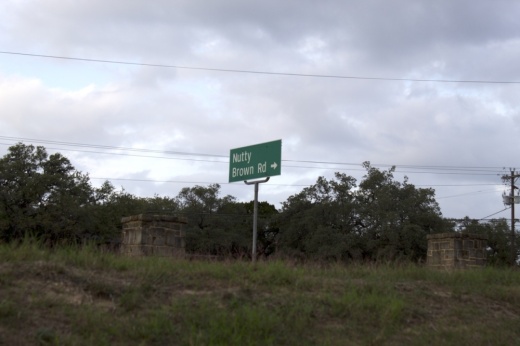A new state law going into effect in September could largely impact the ability of cities to expand and regulate the land neighboring their city limits.
Senate Bill 2038, which passed in May during the 88th legislative session, will allow residents of an extraterritorial jurisdiction, or ETJ, to leave the city’s authority through a petition or election. The law also revokes previous state law that allowed a city’s ETJ to naturally expand as the city annexed new territories.
Advocates of the bill said it allows ETJ residents to be freed from city regulations where they do not have representation; however, local leaders have expressed concerns that a lack of city control might negatively impact development and place additional weight on county government.
“I don't think that our legislators understand what the impact could be in a lot of these communities,” Hays County Precinct 4 Commissioner Walt Smith said.
Zooming out
Extraterritorial jurisdictions, which were created by the Texas Legislature in 1963, have allowed cities to invoke some regulatory authority over subdivisions outside of the city limits to ensure those areas reflect the city’s development standards, said Bennett Sandlin, executive director of the Texas Municipal League.
The areas often become part of the city as a city may only annex a territory in its ETJ, Sandlin said.
Cities can regulate subdivisions, billboards and nuisances—such as noises and odors—in their ETJs with the most important role being regulating new developments through platting and building codes, Sandlin said.
State Sen. Paul Bettencourt, the author of SB 2038, said he wanted to create an exit path that didn’t previously exist for Texans in an ETJ displeased with city regulations.
“The purpose is to get people out of what effectively is no representation,” Bettencourt said. “People there are not voting for a mayor or city council members.”
With no city influence, property owners who leave an ETJ would only be subject to county government or could create their own incorporation, Bettencourt said.
The exception to this change applies to an area that annexed voluntarily into an ETJ that experienced a population growth of more than 50% since 2020 and has a population of over 240,000, according to the bill's language.
Diving in deeper
Smith said the county is not given the tools that municipalities have to regulate new developments.
Hays County can’t dictate regulations on developments outside of agreeing to a legal plat for a property, preventing construction on flood plains, regulating traffic standards if connected to a county roadway, overseeing sewage facilities processing fewer than 5,000 gallons a day and enforcing the county’s wildfire code, Smith said.
“[Cities] have zoning; they [can] say this is a residential zone, and therefore you're not going to put a commercial business in the middle of that residential zone,” Smith said. “That makes sense, right, but counties don't have that ability. All we can say is yes, this is a legal plat for a piece of property.”
Deannexed areas could create regulations through private deed restrictions or homeowners associations, but no government entity would be able to enforce these, Smith said.
County government doesn’t have as much authority over development as cities do, Sandlin said. He said the new law will likely result in the creation of unsatisfactory developments, which will inhibit cities from annexing those areas in the future.
“Ten years down the road, if those citizens in that subdivision decide they want to be in the city, the city is not going to want it because those neighborhoods are substandard,” Sandlin said. “It's just going to cancel the ability or the willingness of cities to ever grow and take in those areas voluntarily.”
The outlook
Smith said residents in cities such as Dripping Springs may lose the ability to provide public input on what developments they want to see in the area as those developers that choose to petition out of an ETJ would not be privy to that feedback.
“Under this new regulation, you could very easily start seeing what I would call doughnut holes within those ETJs, where maybe somebody has 500 acres and they decide, ‘You know what, I don't want to build under the regulation of the city of Buda or the city of Dripping Springs. Therefore, I'm gonna petition to be let out,’” Smith said. “Then you're going to have developments that may be around them that have gone through that process, and now you will have a development that is operating under a completely different set of rules, and it just doesn't necessarily create a fair playing field.”
As city and county leaders remain uncertain of what the bill’s full impact will be, Bettencourt said he and other state legislators be keeping an eye on the bill’s implications once it goes in September.
“We’ll be watching this,” Bettencourt said. “There's always a high number of possibilities to look through to see what really happens when a law like this goes into effect.”






